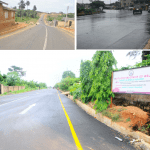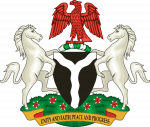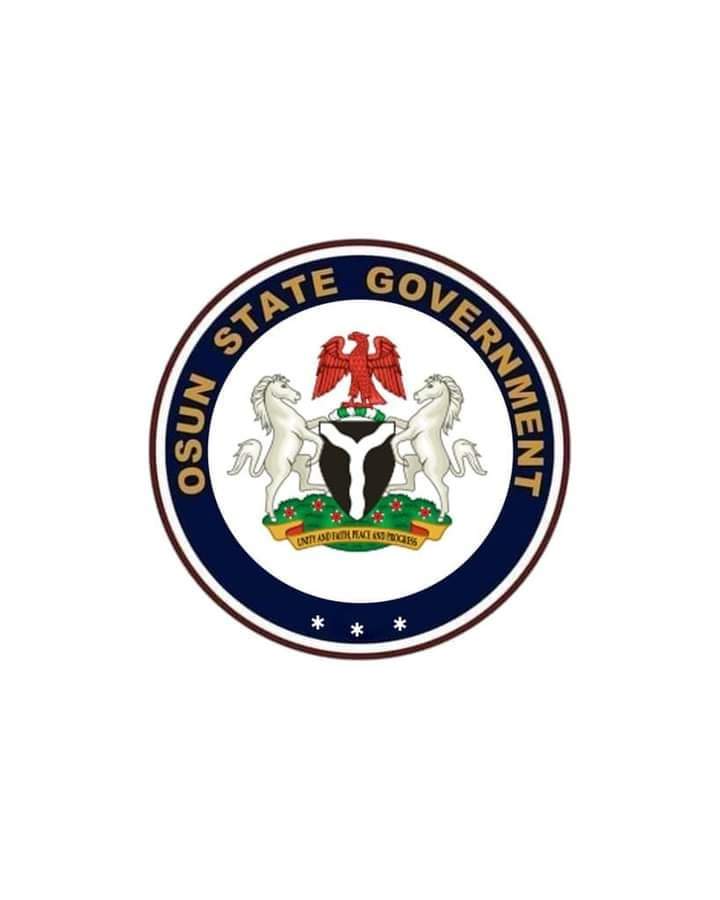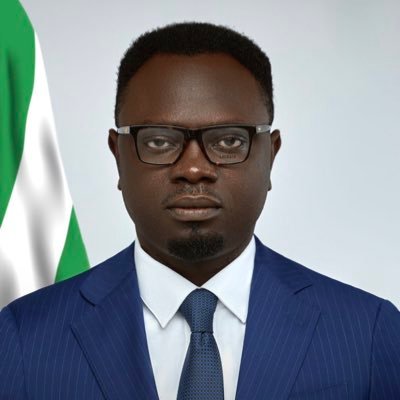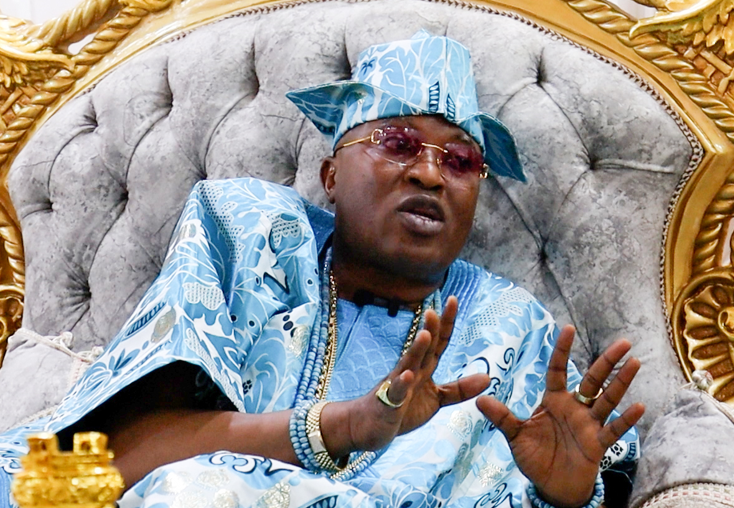STRIKER: Where Are Our Popular Organisations?
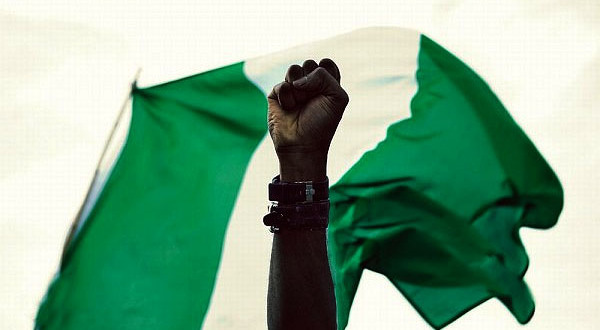

POPULAR Organisations are generally described as institutions or groups of people with the same interest or ideology who come together to participate in the democratic process of a country or are united on certain professional, community, political, cultural or socio-economic goals. From charity, philanthropy, healthcare, emergency management to human rights and politics, there are thousands of civic organisations, otherwise called Civil Society Organisations (CSOs), as well as labour, students and professional organisations in Nigeria today.
Under repressive military rule, especially the last tranche of 15 years between 1984 and 1999, we witnessed the blossom and full impact of popular organisations in their truest standing as pressure groups. Strangely, the return to “democracy” for the last 22 years – since 1999 – has done devastating damage to popular organisations.How and why so is serious scholarly theme for the intellectually inclined. The fact today is that, apart from commendable and up-and-doing Socio-Economic Rights and Accountability Project (SERAP), and to a lesser extent, the Academic Staff Union of Universities (ASUU), all our glorious popular organisations and NGOs need a Jesus to raise their Lazarus from the grave, minding that Saint Lazarus of Bethany though was dead only for four days before encountering Jesus!
Democracy is concretely about the people, not about politicians and government; and that is why it is popularly said that people get the type of government they deserve. Whenever you have “demonstration-of-craze” instead of democracy and you are delivered pathetic governance instead of good governance, the common place but shallow thing is to blame politicians and the government, forgetting that a people not in good standing as per values and orientation cannot birth politics, politicians and government that is either good or for the people.
Poverty and ignorance have terrible negative impacts on individual and social values without doubt. However, “dark days reveal the sterling worth of men and women.” Things only get worse, the “good old days” when men and women rose up against tyranny and injustice were little better than today in terms of miseries and want; only the quantum and context has changed. Where are the Nigerian Labour Congress (NLC), National Association of Nigerian Students (NANS), Nigerian Medical Association (NMA), Nigerian Bar Association (NBA), Civil Liberties Organisation (CLO), and Committee for the Defence of Human Rights (CDHR) of those days, and many more that space will not permit mention?
There were and still are cultural associations, community organisations, trade unions, professional associations and democracy and rights groups dedicated to securing the welfare of citizens. Where are they now in a season demanding clear articulation, intransigence, chivalry and heroism for the redemption of a nation fast sliding into the precipice? What accounts for the silence and shameful capitulation? Surely, the vacuum created by their coma is responsible for deadly, inarticulate and destructive outbursts against oppression and injustice, as nature abhors such vacuum. The least that can be done by them is a coming together to very loudly clarify the national situation in an unbiased, popular context, and table their demands for those that have the responsibility to move Nigeria forwards rather than into hell. They can do so in such a manner that grabs national attention, fires popular imagination and inspires collective pressure and constructive engagement of the powers-that-be.
Not every popular action implies hostility and confrontation with the government or the state, not to mention violence. No. Indeed, most productive engagement of inordinate power, with firm resolve and full pressure, are always civil, non-violent mass actions borne of coordinated activities based on well enunciated positions and demands around which there is mass mobilisation.
We need our mass and popular organisations back from the grave now. One and all citizen has a role to play in their resurrection and rejuvenation. Their role is simply to recreate and forge together a people whose views, values, dispositions and choices are purified better than it is today, and quickly reorganise them accordingly. It is such a people that will not allow any politics, politician or government to lead them down the drain through visionless, parochial and divisive poli-tricking and vile governance. Like the Late Murtala Muhammed said donkey years ago, “it is time to reflect, to rethink and to act!”


